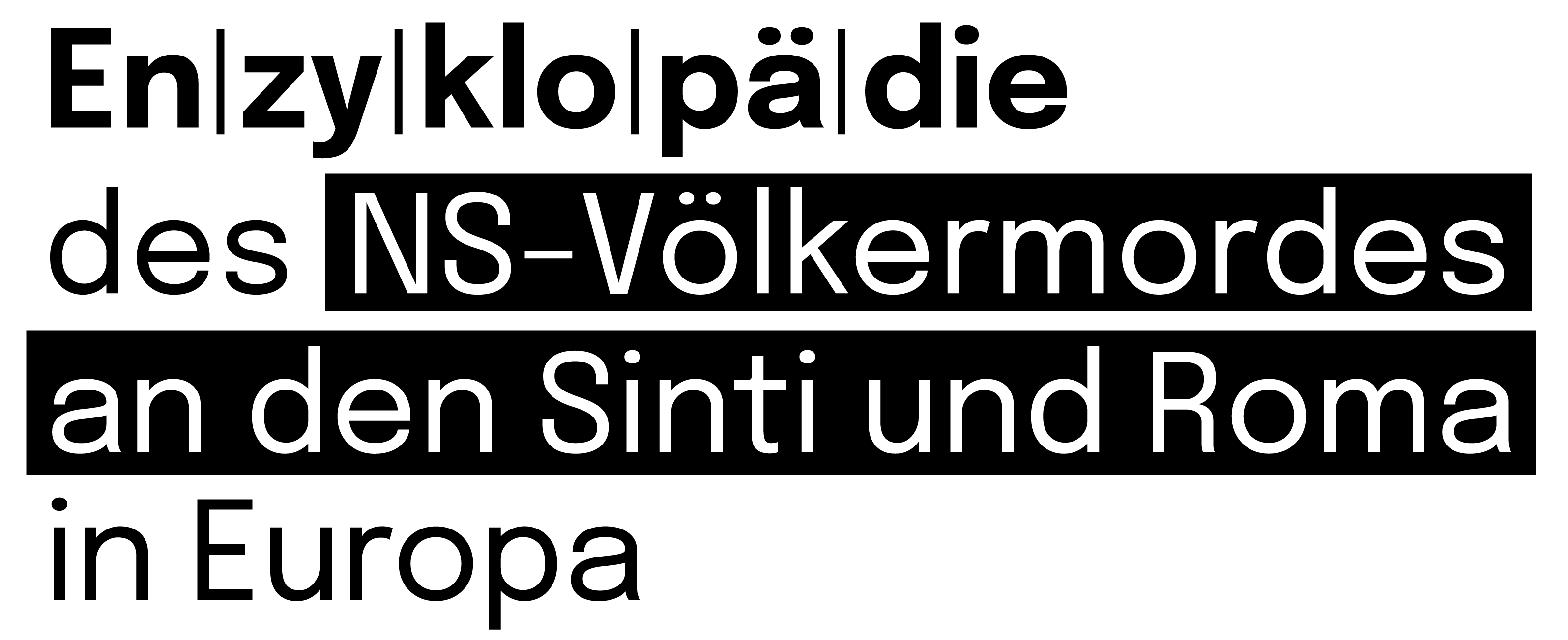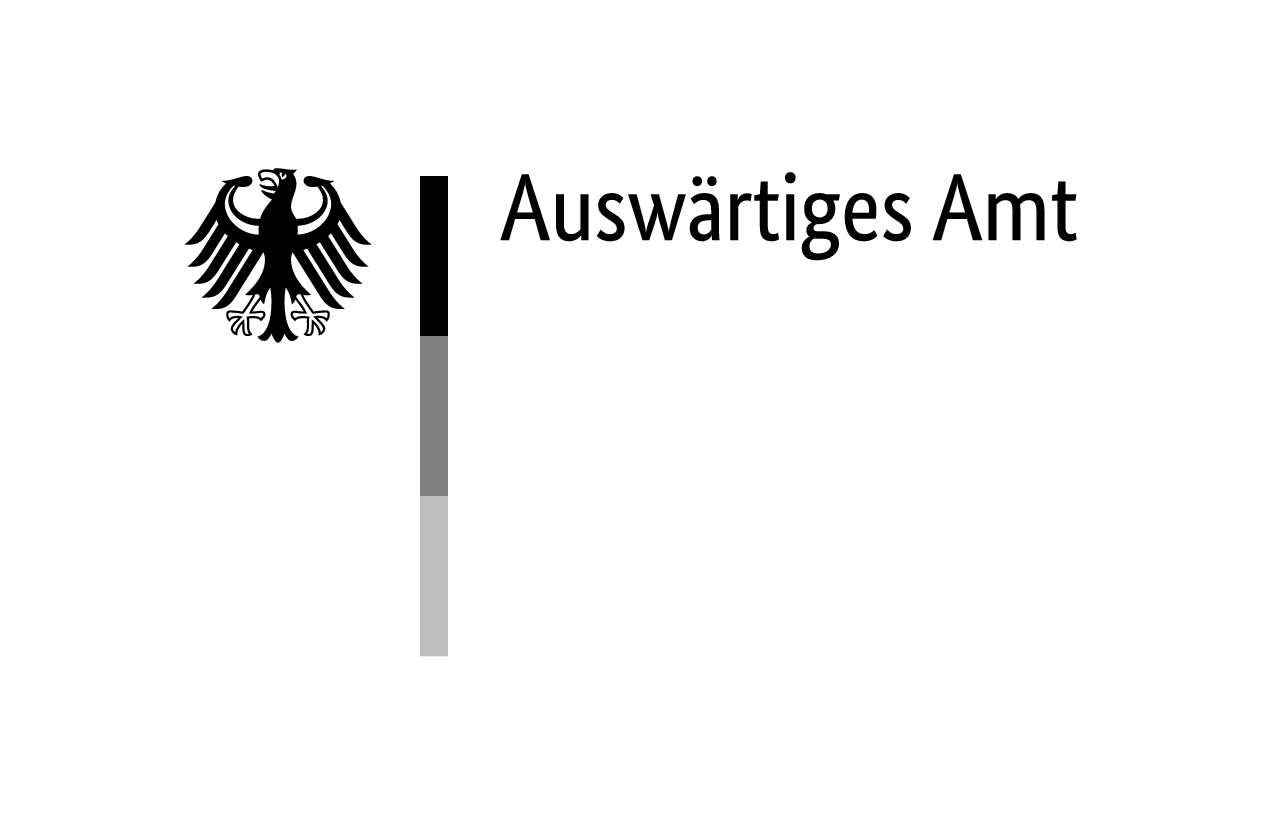Franz Langmüller, born on 10 May 1909 in Paulenstein near Pressburg (part of the Austro–Hungarian Empire at the time, now Borinka, Slovakia), joined the Vienna police force in April 1930 after completing his schooling and a brief period as a labourer and civil servant. He transferred from the security police to the criminal police in 1934.
After a brief interlude in the Traffic Accident section, he returned to the Security Office and was assigned as a service dog handler. Langmüller was not a member of the NSDAP, but was drafted into the Waffen-SS in December 1942 and last held the rank of SS-Obersturmführer.1Dokumentationsarchiv des österreichischen Widerstandes [Documentation Centre of Austrian Resistance, DOEW], File no. 09626.
Camp Administration in Lackenbach
In April 1941, Franz Langmüller was assigned as deputy camp administrator to the Lackenbach detention camp, which had been established in November 1940. The camp stood in the Oberpullendorf district in Burgenland, on the grounds of a former agricultural estate. In the spring of 1941, there were mass admissions of Roma, and the number of people held there rose to 2,000. The camp was not prepared for such a large number of prisoners, and the poor hygienic conditions led to a typhus epidemic in the winter of 1941/42, which killed approximately 250 to 300 Roma. When the camp administrator Johannes Kollroß (1892–1942) also died of the epidemic, Franz Langmüller took over the management of the camp in January 1942.2Brettl, Nationalsozialismus im Burgenland, 277.
Abuse of the Prisoners
During his approximately one-year tenure as camp administrator, Langmüller attempted to establish his authority over the prisoners through brutal violence and sadistic methods. Violations of the strict camp rules, such as talking or smoking, were punished with several days of solitary confinement, deprivation of food, and hard labour. On Langmüller’s orders, escapees who were recaptured were given 25 strokes with a stick by ‘camp kapos’. Langmüller himself also repeatedly slapped or beat the prisoners.
Humiliation of prisoners was also commonplace under Langmüller. Among other things, Roma were forced to clean the latrines with their bare hands or stick their noses in the excrement. According to survivors, the treatment of prisoners in Lackenbach under Langmüller’s leadership was much more cruel and the living conditions significantly more difficult than under his predecessors and successors.
In September 1942, Langmüller was replaced and sent to Vienna. After being enlisted in the Waffen-SS, he served as a sergeant with the Secret Field Police in southern Russia. Because of a serious injury sustained in Bessarabia in the summer of 1944, Langmüller was sent to a military hospital in Vienna. This was followed in January 1945 by his transfer to Bratislava, before he withdrew with his troops to Passau at the end of the war.3Ibid., 288.
‘Crimes against Humanity’
In April 1946, Langmüller was arrested on account of his previous membership of the SS and detained as a political prisoner in the Glasenbach camp in Morzg near Salzburg. He was suspected of shooting partisans in the German-occupied Soviet Union and of other criminal acts committed there, which are not specified in the file. On 22 May 1947, he was released without charge.
On 23 June 1947, the Vienna Police Department filed a complaint against Franz Langmüller with the Vienna Public Prosecutor’s Office based on the testimony of two survivors, Stefan H. and Margarethe H., about the conditions in the Lackenbach camp. He was charged with crimes under Sections 3 and 4 of the War Crimes Act (‘torture and ill-treatment as well as violations of human dignity’). After the initial preliminary investigations, Langmüller was remanded in custody in July 1948.
The main hearing took place on 15 October 1948 before the Vienna People’s Court. The atrocities committed in Lackenbach were attested to by numerous witnesses. While the former prisoners impressively confirmed the accusations, such as food deprivation, forced labour, beatings and humiliation, the former camp doctor and camp administration officials and his own former henchmen sought to exonerate Langmüller. They did so not least because they wanted to protect themselves from prosecution.
Langmüller only partially admitted his guilt in court, conceding to food deprivation and beatings. He justified his actions by saying that he had received no support from the higher authorities and that the spread of typhus beyond the camp had to be prevented at all costs. His behaviour had therefore been a necessity, he said, in order to maintain ‘order’ in the camp and prevent escapes.
Conviction and Amnesty
On 15 October 1948, Franz Langmüller was found guilty by the Vienna People’s Court. The court ruled that his actions had been crimes against humanity and human rights. In its reasoning for the verdict, it stated: ‘The defendant Franz Langmüller is guilty of having, in Lackenbach in Burgenland in 1941 and 1942 during the Nazi regime, exploited his official authority to subject people, namely Gypsies, to torment and severe abuse, and to violate and insult their human dignity.’4WStLA, Ref. 4594/47, Franz Langmüller, Judgement of the Vienna People’s Court of 15 October 1948, no page number given.
The court sentenced Langmüller to one year in prison. The court justified the lenient sentence on the grounds that the defendant had no previous convictions, had made a partial confession and had a good reputation. In addition, the court accepted Langmüller’s defence strategy, according to which he had been constrained to act by the risk of epidemic disease.
Because Franz Langmüller’s time in the internment camp and in pre-trial detention was taken into account, he was able to leave prison a free man after only two and a half months. In July 1957, his request for his conviction to be expunged in accordance with the 1957 amnesty for National Socialists was granted by the Vienna Regional Criminal Court.
Another investigation, initiated following accusations by a former Lackenbach prisoner, also ended favourably for Langmüller. In 1954, the Vienna Public Prosecutor’s Office launched an investigation into allegations that poisoned milk had been distributed in the camp, resulting in the deaths of children. When the allegations could not be substantiated, the proceedings were discontinued on 3 March 1955.
In the 1950s, Langmüller was living in Lower Austria and working as a wheelwright. After that, all traces of him are lost.5Brettl, Nationalsozialismus im Burgenland, 289.




